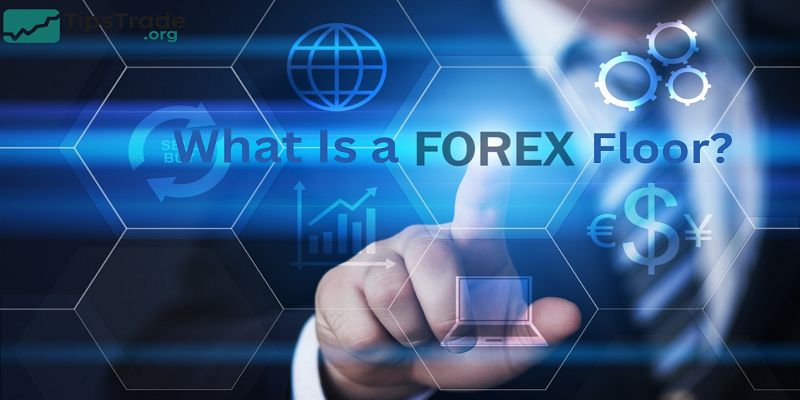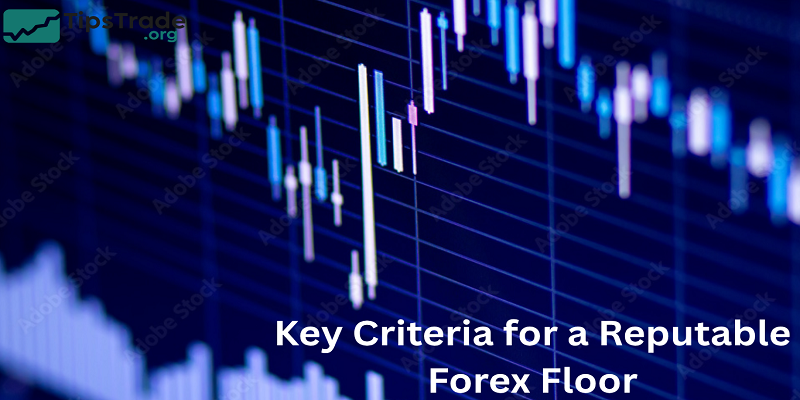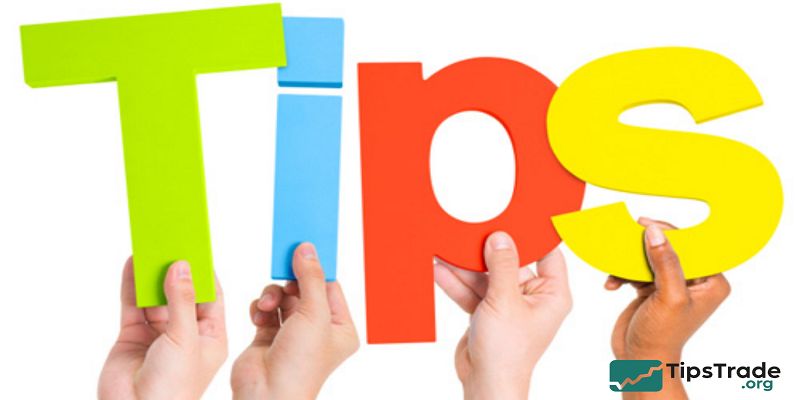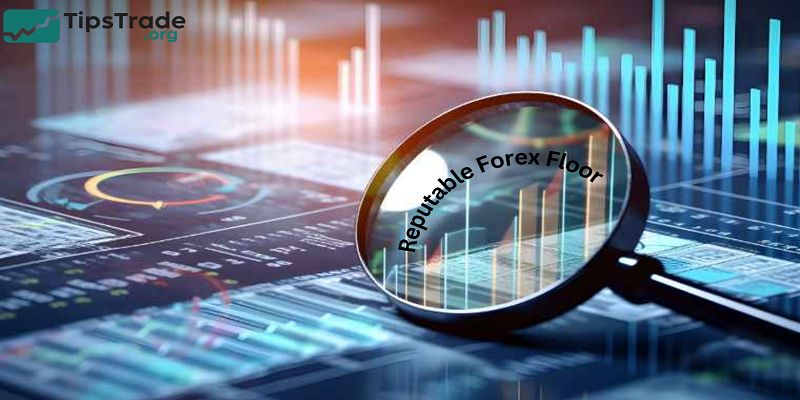Reputable forex floor is the foundation of safe and successful trading in the foreign exchange market, yet many beginners overlook this critical decision in their journey to become traders. Choosing a trusted and regulated broker, often referred to as a forex floor, is as important as developing a trading strategy because your money, execution speed, and overall trading experience depend on it. This guide explains what a forex floor is, why reputation matters, the criteria for choosing a reliable broker, and a comparison of the top reputable forex floors in 2025. By the end, you will know how to avoid scams and select a safe platform that aligns with your goals.
What Is a Forex Floor?

- The term “forex floor” originally referred to the physical trading floors where currencies and financial contracts were exchanged through open outcry, similar to stock exchange trading pits.
- In today’s digital era, the phrase has evolved to mean the online brokers or trading platforms that connect retail traders with the interbank forex market.
- A reputable forex floor is essentially a forex broker that provides the infrastructure for buying and selling currency pairs, offering trading platforms such as MetaTrader 4, MetaTrader 5, or proprietary systems.
- Unlike traditional floors, online forex brokers allow access to global markets 24/5 with leverage and margin trading, enabling individuals to participate with relatively small amounts of capital.
- However, this convenience comes with risk because while anyone can open a broker website, not every broker is licensed or regulated.
- Traders must therefore distinguish between reputable forex floors backed by strong regulation and fraudulent entities designed to exploit inexperience.
- Understanding this distinction is the first step toward trading safely.
>>See more:
- What is Forex? The Complete Guide for Beginners
- Learn Forex – Beginner’s Guide to Start Trading Successfully
- List of Top forex brokers in 2025 – Most Trusted and Reliable
- Forex Capital Management Tips: The Key To Success For Professional Traders
Traditional Meaning of Forex Floor vs. Modern Online Trading

- In the past, professional traders worked on exchange floors shouting bids and offers.
- These environments were highly controlled, with strict oversight and centralized clearing.
- Today, online forex brokers have replaced physical floors, giving millions of retail traders global access through digital platforms.
- While modern trading is faster and more efficient, it lacks the face-to-face accountability of physical exchanges.
- This makes the reputation of a broker crucial because trust must now be established digitally.
- A reputable forex floor bridges this gap by offering transparency, audited financials, and oversight by regulators.
- Without these safeguards, traders face counterparty risks where brokers manipulate prices or withhold withdrawals.
Difference Between a Forex Floor and Forex Broker
- Although “forex floor” and “forex broker” are often used interchangeably, there is a subtle difference.
- A forex floor emphasizes the infrastructure where trading happens, while a forex broker refers to the company that operates this infrastructure.
- A reputable forex floor provides robust technology, liquidity, and security, while a reputable forex broker ensures compliance, fair pricing, and customer support.
- Together, they represent the foundation of safe forex trading.
Why Reputation Matters in Forex Trading
Reputation in forex trading is not just about branding—it directly impacts the safety of your funds and the fairness of your trading environment.
A non-reputable broker may engage in unethical practices such as price manipulation, hidden fees, or outright fraud.
According to the International Organization of Securities Commissions (IOSCO), financial fraud in forex and CFD markets is among the most reported forms of online investment scams.
This highlights the importance of choosing platforms with verifiable reputations.
Risks of Trading with Non-Reputable Brokers
- The risks of trading with unregulated or shady brokers include losing your deposit due to manipulation, delayed withdrawals, or sudden platform closures.
- Many scam brokers promise unrealistic leverage, such as 1:2000, or guaranteed returns, which no legitimate broker can offer.
- Case studies reported by the FCA show thousands of traders losing money every year to offshore entities that are not licensed by any recognized regulator.
- These losses are often unrecoverable because such brokers operate outside legal jurisdictions.
The Role of Regulation and Investor Protection
- Regulation is the backbone of a reputable forex floor.
- Licensed brokers must segregate client funds from operational accounts, provide negative balance protection, and adhere to transparency in pricing.
- For example, the CFTC in the US and the NFA require brokers to maintain strict capital adequacy, while the FCA mandates compensation schemes up to £85,000 in case of insolvency.
- These protections ensure that traders have recourse if problems arise. Choosing a regulated broker is the single most effective way to minimize risk.
Key Criteria for a Reputable Forex Floor

Not all brokers are created equal, and traders must evaluate certain criteria before depositing money.
Regulation and Licensing
- The first indicator of reputation is regulation by well-known authorities such as the FCA (UK), ASIC (Australia), NFA/CFTC (US), CySEC (Cyprus), or MAS (Singapore).
- Regulated brokers are subject to audits, capital requirements, and conduct rules.
- Always verify a broker’s license number directly on the regulator’s website instead of trusting the broker’s claims.
Transparency in Fees, Spreads, and Commissions
- Reputable forex floors are transparent about trading costs, including spreads, commissions, and overnight swap fees.
- Hidden charges are a red flag.
- For example, Pepperstone and IG display live spreads on their websites, allowing traders to compare costs openly. Transparency builds trust because traders know exactly what they are paying.
Secure Deposits, Withdrawals, and Fund Protection
- A hallmark of reputable brokers is fast and secure withdrawals. Trusted brokers use segregated bank accounts, Tier-1 financial institutions, and encryption to protect transactions.
- Reviews often highlight how quickly withdrawals are processed. If delays or excuses occur, it is a sign of trouble.
Trading Platforms, Technology, and Reliability
- The best forex floors provide stable platforms such as MT4, MT5, or cTrader with minimal downtime and fast execution.
- Technology matters because slippage and requotes can erode profits.
- For active traders, features like one-click trading, advanced charting, and automated strategies are essential.
Customer Service and User Reviews
- Reputation is reinforced by customer service.
- Reputable brokers offer multilingual support, live chat, and fast response times.
- User reviews on Trustpilot, Forex Peace Army, and Reddit provide valuable insights into real trader experiences.
- While no broker is perfect, consistent complaints about withdrawals or platform freezes are red flags.
Top Reputable Forex Floors in 2025
Selecting a broker can be overwhelming, so here is an overview of well-established and reputable forex floors trusted globally in 2025.
Overview of Globally Trusted Brokers
- IG Group (UK): FCA regulated, low spreads, excellent research tools.
- OANDA (US/Global): NFA and FCA regulated, strong reputation, great for beginners.
- Saxo Bank (Denmark): Regulated by multiple top-tier authorities, premium trading experience
- Pepperstone (Australia/UK): ASIC and FCA regulated, low-cost ECN trading.
- XM (Cyprus): CySEC and ASIC regulated, flexible account types, strong educational resources.
- Exness (Global): Offers transparent spreads, fast withdrawals, and is regulated in multiple regions.
- Interactive Brokers (US): CFTC and NFA regulated, trusted for advanced traders and institutions.
Comparison Table – Minimum Deposit, Regulation, Spreads, Platforms
| Broker | Regulation | Minimum Deposit | Platforms | Avg Spread EUR/USD |
| IG Group | FCA, ASIC | $0 | MT4, ProReal | 0.6 pips |
| OANDA | NFA, FCA | $0 | MT4, Proprietary | 1.0 pips |
| Saxo Bank | FSA, FINMA | $2,000 | SaxoTraderGO | 0.6 pips |
| Pepperstone | ASIC, FCA | $200 | MT4, MT5, cTrader | 0.1 pips (raw) |
| XM | CySEC, ASIC | $5 | MT4, MT5 | 1.0 pips |
| Exness | FCA, CySEC | $1 | MT4, MT5 | 0.3 pips |
| Interactive Brokers | CFTC, NFA, FCA | $100 | TWS | 0.1 pips |
Which Forex Floor Fits Different Types of Traders
- Beginners: OANDA, XM, Exness – low minimum deposits, simple platforms.
- Intermediate traders: Pepperstone, IG – competitive spreads, advanced tools.
- Professional traders: Saxo Bank, Interactive Brokers – higher deposits, institutional-grade platforms.
Red Flags of Non-Reputable Forex Floors
Common Scam Tactics in Forex Trading
- Non-reputable brokers often lure clients with bonuses, unrealistic leverage, or fake testimonials.
- Some create manipulated platforms that mimic real price charts but delay or block withdrawals.
- The CFTC regularly warns against such scams, which often originate offshore.
How to Check Broker Legitimacy Before Depositing
- Verify the license number with the regulator.
- Check independent reviews and forums.
- Test customer support responsiveness.
- Start with a small deposit to test withdrawal speed.
How to Choose the Right Forex Floor for You
Step-by-Step Checklist for Beginners
- Verify regulation.
- Compare fees and spreads.
- Test the trading platform.
- Read user reviews.
- Start with a demo account.
Matching Broker Features with Your Trading Strategy
- Scalpers need low spreads and fast execution, swing traders prefer flexible lot sizes, and long-term traders require reliable swap rates.
- Choosing a broker that matches your style increases the chance of success.
Tips for Safe and Responsible Forex Trading

Start with a Demo Account Before Going Live
- A demo account is essential to learn execution without risking money.
Apply Risk Management and Avoid Overleveraging
- Follow the 1–2% rule to avoid large drawdowns.
Diversify and Protect Your Funds
- Avoid putting all funds in one broker; use multiple reputable brokers to reduce counterparty risk.
Conclusion
Trading forex can be rewarding, but only if you choose a reputable forex floor. Regulation, transparency, and customer trust separate legitimate brokers from scams. Beginners should start small, test platforms, and gradually scale once they find a reliable broker. Remember, trading is not about finding shortcuts but about building a safe foundation. Choose wisely, trade responsibly, and your forex journey will be much smoother. The article above from Tipstrade.org has just provided you . We hope that you find it useful. Wishing you successful trading!
>>See more:

